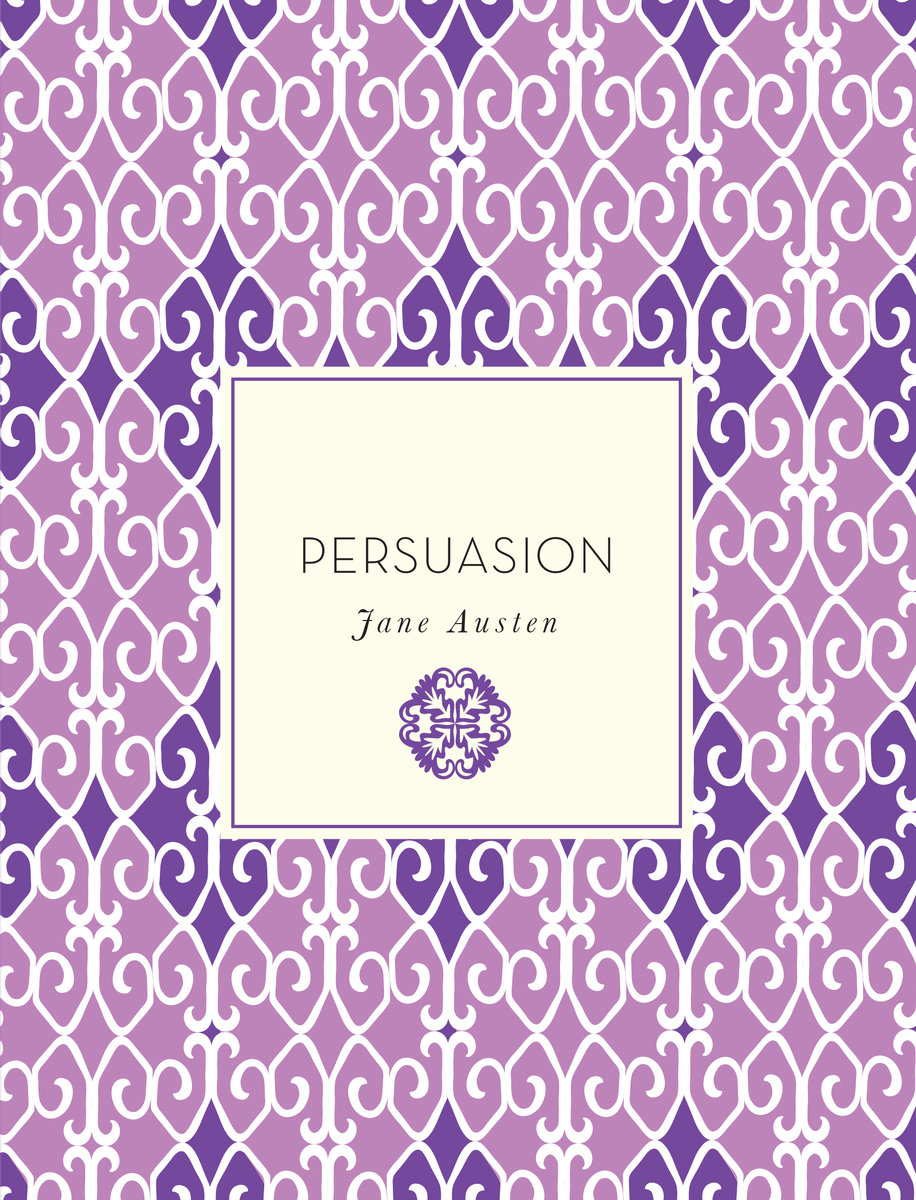Published after Jane Austen´s death in 1817, Persuasion is poignant and passionate story of love, disappointment, loss, and redemption.
Twenty-seven-year-old Anne Elliot is resigned to an unhappy fate and forced to move with her family to humbler lodgings when an old, lost love reenters her life.
The handsome young naval officer, whose marriage proposal she was persuaded to reject seven years prior, has moved up in the world, and now she has a second chance at love. Presenting a heroine who is older and wiser than those in her other books, Jane Austen´s final novel is now available as a portable, elegantly designed clothbound edition with an elastic closure and a new introduction.
The Knickerbocker Classics bring together the works of classic authors from around the world in stunning gift editions to be collected and enjoyed.


